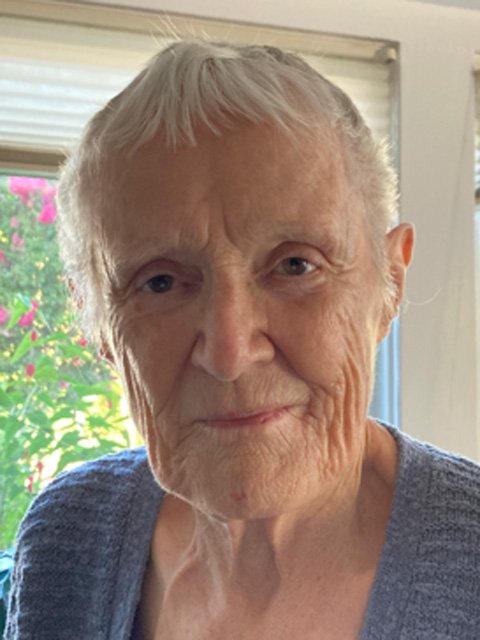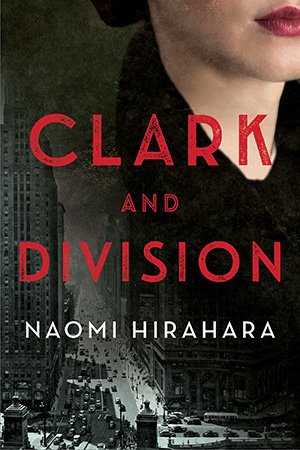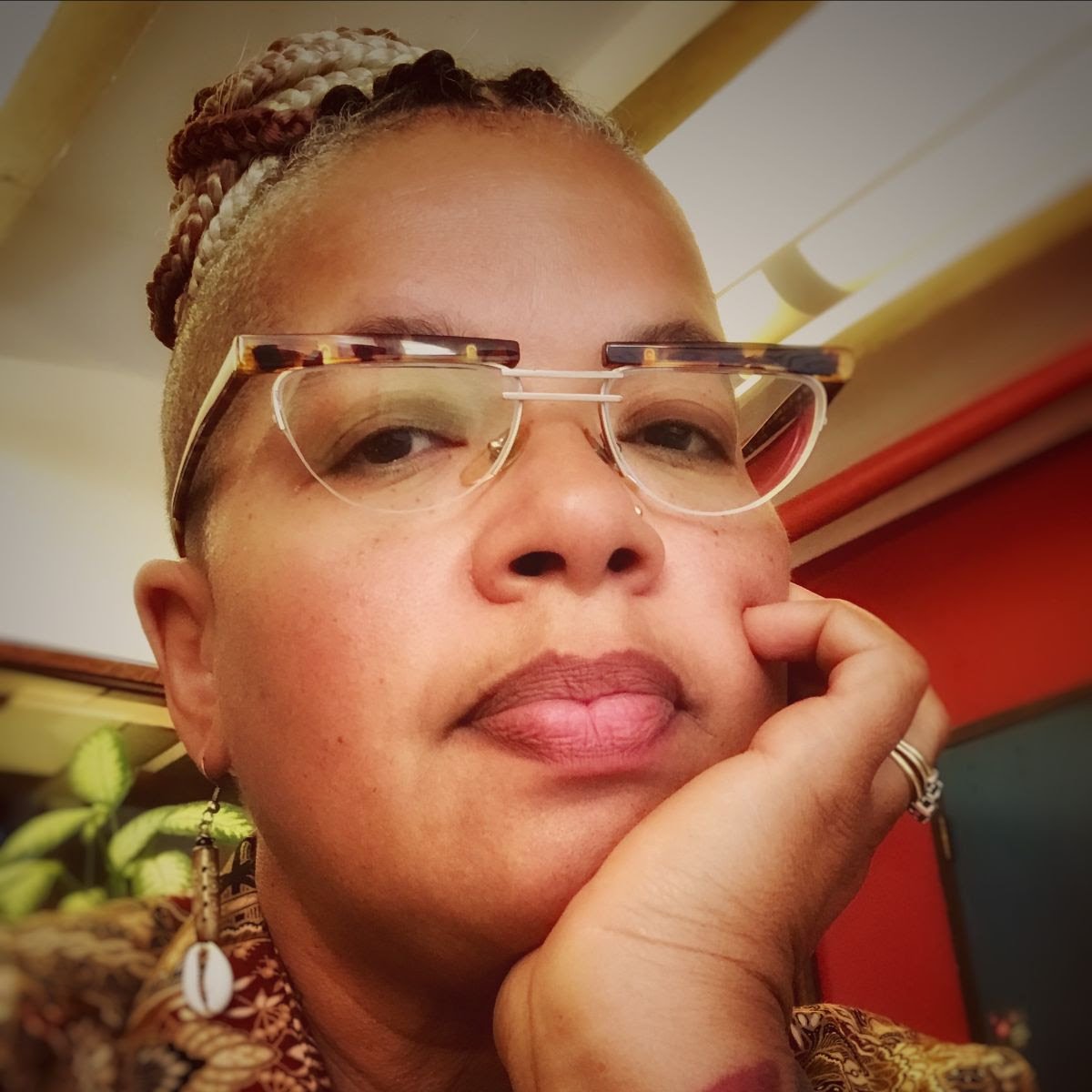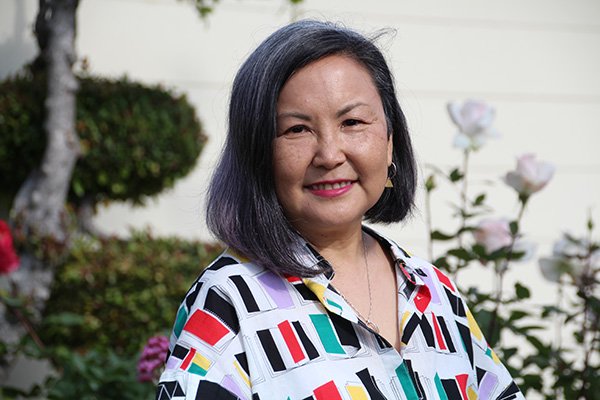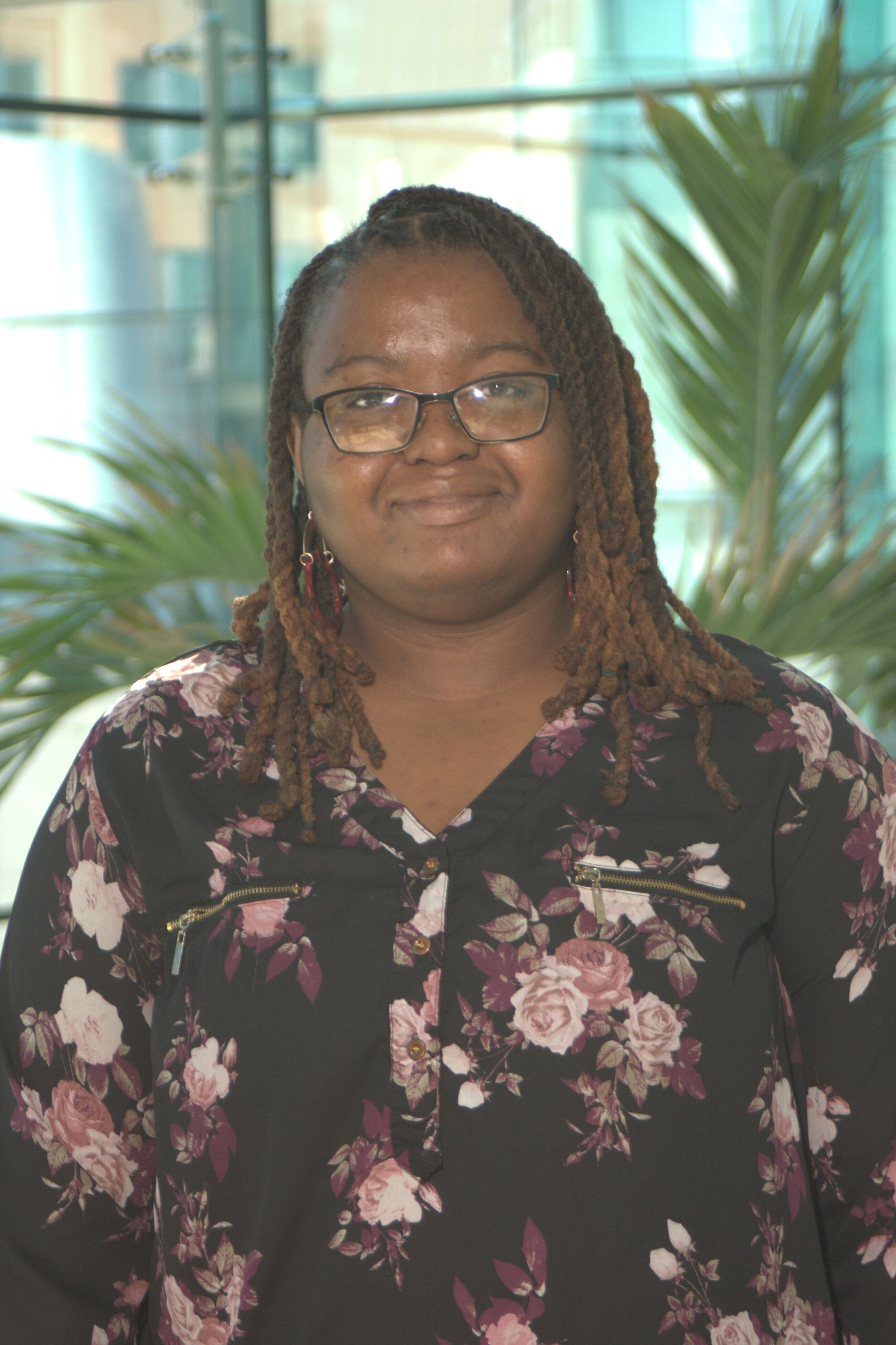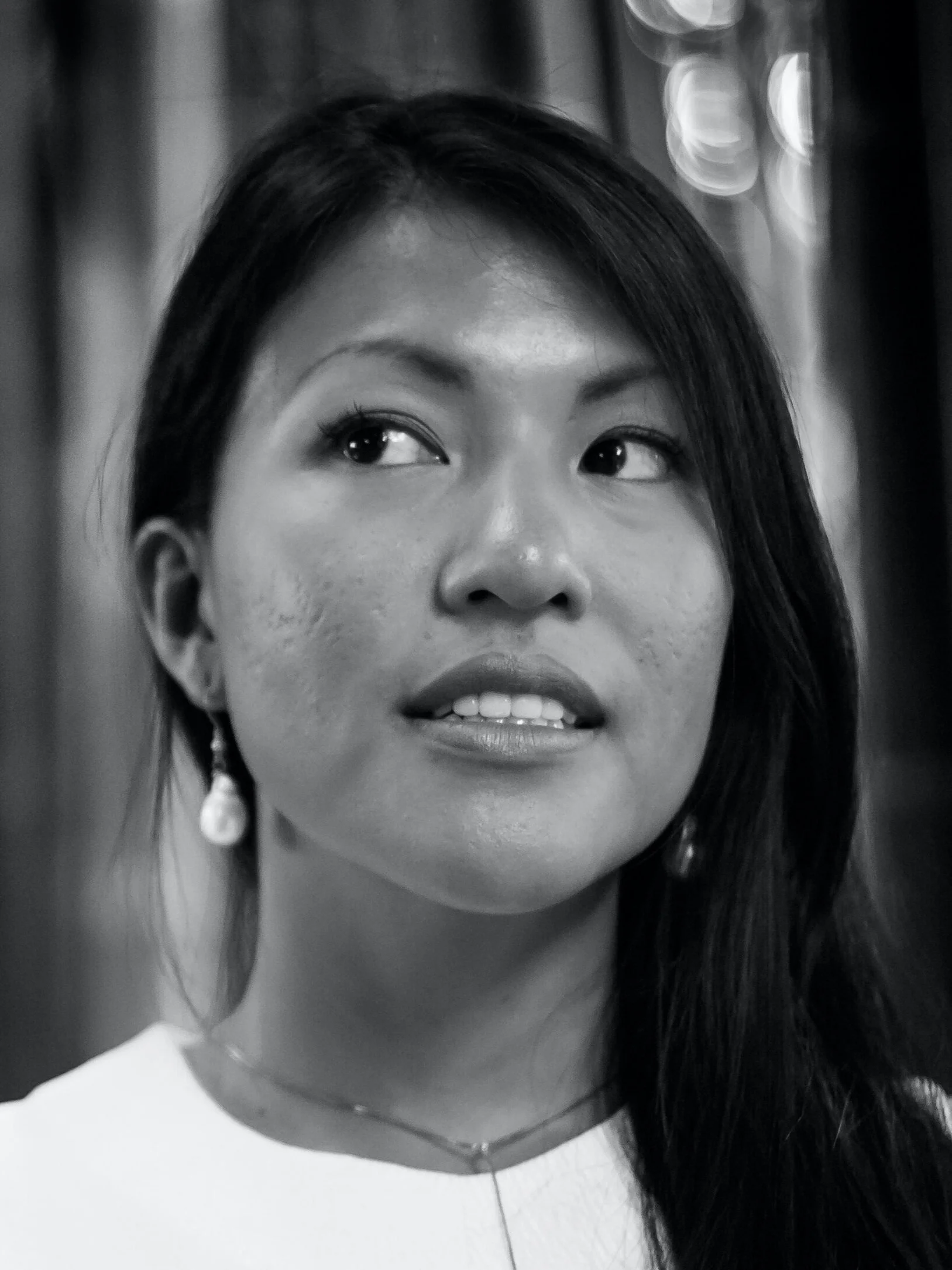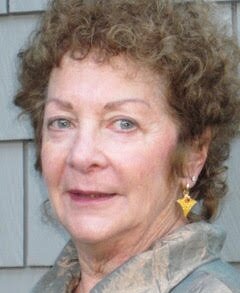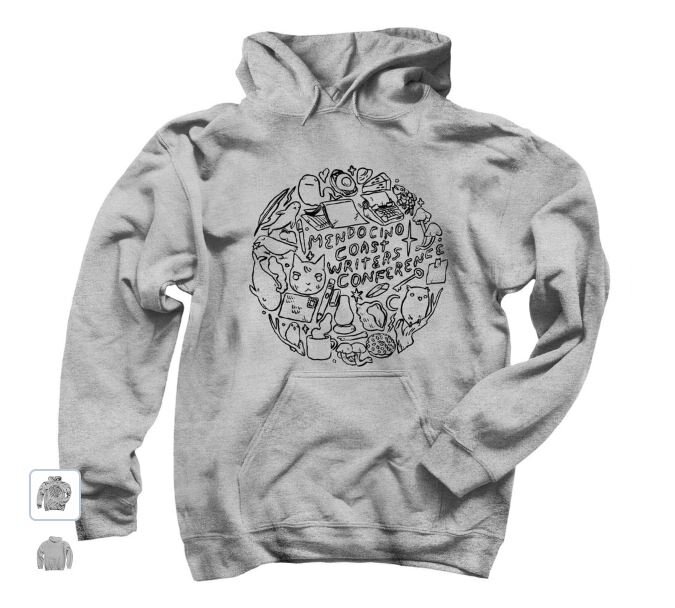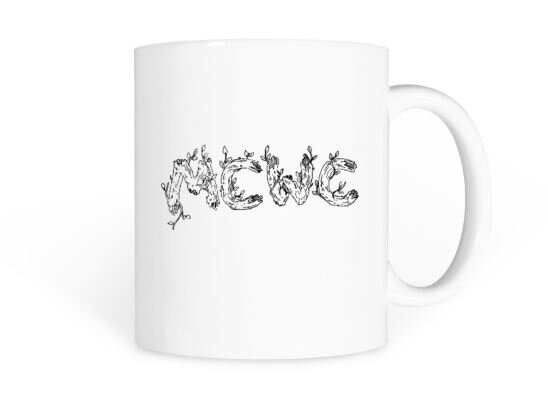A conversation with the acclaimed memoirist and travel writer Faith Adiele who will be teaching the MCWC 2022’s Memoir Master Class, Finding Memoir Everywhere.
Your memoir, Meeting Faith, recounts your experiences as Thailand’s first black Buddhist nun. In addition to being central to the book’s contents, are there any ways in which spirituality has shaped your writing(s)?
My experience with Thai Buddhist nuns allowed me to see that my spiritual work was my creative work was my political work. I don’t need to separate my different passions, the way we tend to do in the West. Mindful practices also taught me to face the very things I’m afraid of, head on, which is what I want my writing to do for myself and others. Writing transforms and heals, which makes it by definition a spiritual practice, and both memoir and travel writing (my main genres) are influenced by the shape of spiritual narrative.
What patterns, rituals or routines are crucial to your writing practice?
Alas, I’m not one of those disciplined writers with a set, daily practice—I’m a binge writer. I need methods of accountability—deadlines, a solid writing partner, a regular writing group. I’m wary of the privilege embedded in prescriptive writing advice (“have a special chair, a beautiful view, write it by hand every day, blahblahblah”), but I agree with the underlying importance of ritual. I may do a little meditation first and immerse myself in the world I’m trying to evoke by playing music, reading aloud what I’ve written thus far—really feeling the words in my body, and surrounding myself with photographs, maps, timelines.
What are the greatest challenges you’ve encountered when writing memoir, and what tools/approaches have you used to overcome them?
All writers, but especially memoirists, and even more, those of us who don’t fit in neat boxes, struggle with self-doubt: does anyone care about my story? I’m always being told that my writing is too complex, but simple, linear storytelling just doesn’t fit my story or my brain. Because I’m not just interested in the story, but in how it’s being told, the structure and form it wants, I’m a really slow writer. One of the ways I’ve handled this is to write about it—to turn what stops me from writing into an essay about writing.
You’ve said that memoir is the ultimate civic act. Tell us more about this view.
What I absolutely love about memoir is that it democratizes story. By enabling people who have been intentionally erased from the master narrative (BIPOC, women, LGBTQIA folks, the incarcerated, immigrants, disabled folks, neurodivergent thinkers, combat vets, marginalized folks, etc.) to tell their stories, we are participating in democracy. And this civic engagement creates a more authentic, rich, nuanced, multicultural, national narrative.
What do you love most about teaching memoir?
Well, as you know, I believe that memoir heals us as individuals and transforms our society, so what could be more rewarding than being a steward of that? I came to teaching through my social justice work and discovered—much to my surprise—that I was really good at it. I love getting emails from students I taught 10 or 20 years ago saying that they still use the lessons I taught them every day. Unlike poetry and fiction, I believe that every single person has at least one great nonfiction story. And I have the tools to help you unearth, capture and shape it.
What are you hoping participants of your MCWC Memoir Master Class will get out of the time they spend with you?
Well, the Master Class is titled FINDING MEMOIR EVERYWHERE, so we’re going to find the connections between personal experience and larger social, spiritual, cultural, historical, or political stories. I’m going to bring my signature blend of tough love, so you will get a strong education in craft while also feeling confident challenging traditional advice and structural models. The description warns folks to bring a bold heart and wicked sense of humor, so we’re gonna go deep–but laugh a lot while doing so! I do a lot of work to create community and safer space, and participants often remain in touch and continue to support each other in the years to come.
The Master Class is a juried-in workshop for twelve selected participants. Find out more details and about how to apply here. Applications close February 15.
About Faith
Faith Adiele is author of two memoirs, Meeting Faith (WW Norton), which won the PEN Open Book Award and routinely appears on travel listicles, and the mini ebook/audiobook The Nigerian Nordic Girl’s Guide to Lady Problems (SheWrites). Her media credits include A World of Calm (HBO Max), My Journey Home (PBS), and various Sleep Stories (Calm App). Named one of Marie Claire Magazine’s “5 Women to Learn From,” Faith is co-editor of Coming of Age Around the World: A Multicultural Anthology (The New Press) and host of African Book Club (MoAD). Her essays appear in O Magazine, Yes!, Essence, The Rumpus, Flaunt, The Offing, and numerous anthologies. A graduate of the Iowa Writers’ Workshop, Iowa Nonfiction Writing Program, and Harvard, Faith lives in Oakland, California.




